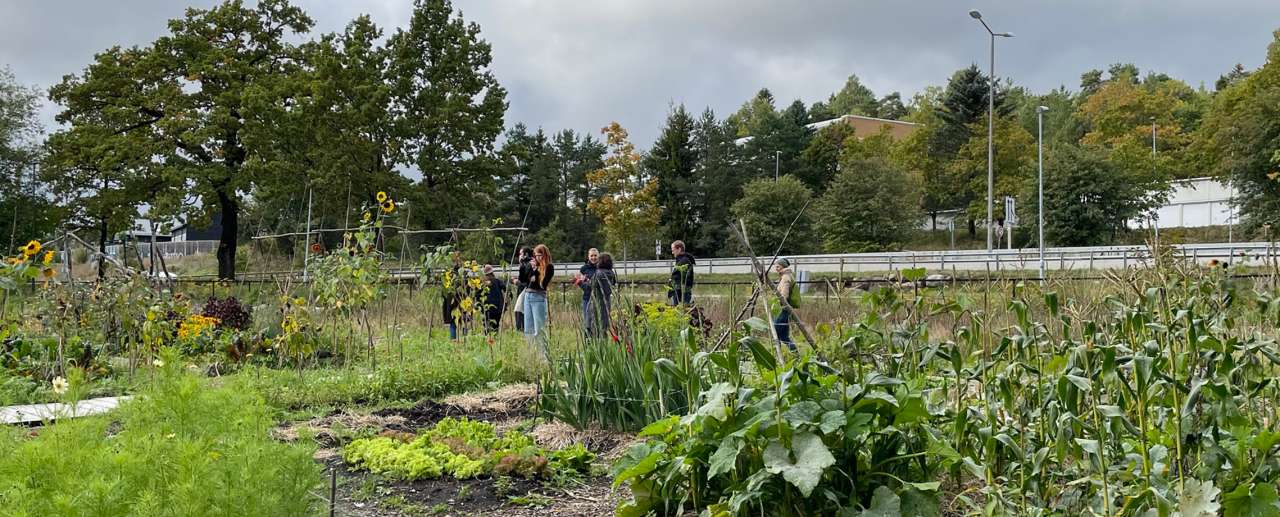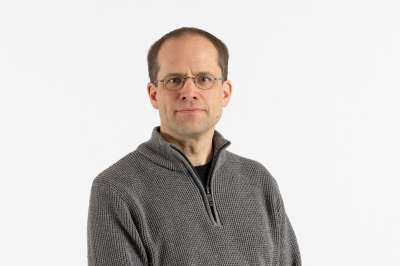Do you live in an edible city?

Photo: Wendy Fjellstad
Two hundred years ago, it was common in Christiania (now: Oslo) to grow your own vegetables and keep a few animals. Cows, horses, pigs and chickens were commonplace in backyards in the city centre. These days, agriculture is returning to the capital, but in a slightly different way.
All over the world it is becoming more and more common (again) to grow food in towns and cities. This is often referred to as “urban agriculture”. A major EU Innovation Action, the Edible Cities Network (EdiCitNet), connects initiatives from different cities. Front runner cities pave the way for follower cities. They can learn from each other and spread their knowledge and experiences.
Urban agriculture has much to offer towns and cities that face major societal challenges. It is not just about producing your own food but also about community, integration, work training, biodiversity, flood prevention and much more. The project will help to put into use and spread existing knowledge.
Oslo is a front runner city in EdiCitNet, with a “Living Lab” where various kinds of urban agriculture are tested and monitored. Work training and social integration are central.
The Living Lab was established on an area of former farmland at Linderud Manor, made available by Museums in Akershus. After major investments and joint efforts from different actors, Linderud neighbourhood and community garden was opened in 2020.
Here, you can learn about entrepreneurship by starting a market garden, take part in community supported agriculture, learn about soil improvement, regenerative farming, and how to attract pollinators like bumblebees to the garden. Communal meals are arranged, and locally grown food is sold on market days.
NIBIO is helping the front runner cities to document and monitor their projects using selected indicators, as well as developing an online platform where urban farmers and gardeners from “edible cities” all over the world can share knowledge and inspiration.
Contacts

Purpose
Share knowledge about urban agriculture across national borders and continents.
Collaboration: The project is coordinated by the Humboldt University of Berlin. Other Norwegian partners are: The City of Oslo (Agency for Urban Environment), Nabolagshager AS and OsloMet (Work Research Institute)
Funding: The project has received funding from the European Union’s Horizon 2020 research and innovation programme under grant agreement No. 776665.
Contacts

